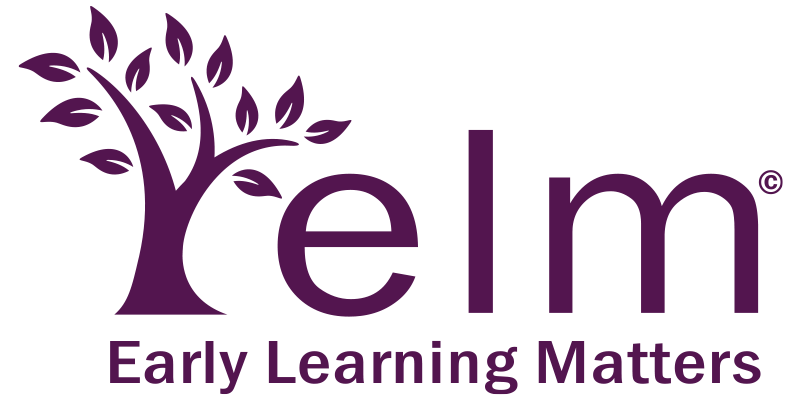About ELM
Developed through Partnerships
The Early Learning Matters (ELM) Curriculum was developed by Purdue University for the Department of War Child Development Program as part of the DoW-USDA Partnership for Military Families.
A Purdue-led team of early childhood experts developed the program by first reviewing all available scientific evidence on lasting outcomes and effective practices in early education programs. This evidence was combined with nationally-respected standards of developmentally appropriate practice to determine the content and methods of the ELM Curriculum.
The curriculum was also shaped by the professional experiences and knowledge of numerous respected stakeholders in the field of early education and care. They generously shared their perspectives on needed directions in early childhood programs and their assessments of preliminary ELM Curriculum materials.
The curriculum benefitted from an extensive period of pilot testing in a diverse set of 36 typical early childhood classrooms serving infants, toddlers, and preschool-age children. The classrooms were in eight programs located in different regions of the U.S. About 25% of activity plan drafts were revised or replaced as a result of pilot experiences.
High-Quality Experiences for All
The U.S. Department of War Child Development Program and its partners are sharing with early childhood programs the yield of their significant investment in the development of a new comprehensive curriculum. All resources developed by Purdue University for the ELM Curriculum are available without financial charge on this website. Books, toys, and related items used in activity plans are not provided by Purdue.
The ELM Curriculum’s affordability helps address a pattern of insufficient funding for many early childhood programs. Making a rigorously-developed early childhood curriculum available to any interested program is a bold effort toward improving high quality early learning experiences for all children.
Areas Promoted
Cognitive
Communication / Language
Physical / Health
Self-Regulation
Social-Emotional
Creative Expression
Language / Literacy
Mathematics
Physical / Health
Science
Self-Regulation
Social-Emotional
Social Studies
Ready-to-Go Resources
The ELM Curriculum includes:
1,393
Activity Plans
Developmentally sequenced learning activities for infants, toddlers, and preschool-age children.
50 Child Observation
and Assessment Guides
Each Guide includes suggestions for individualizing children’s learning. Examples of portfolio entries are included.
525
Parenting Tips
Suggestions for families to support and extend ELM learning activities at home. Plus 50 weekly descriptions of what a classroom’s preschool-age children are learning.
1,921 ELM
Activity Materials
Manipulatives, picture cards, and other activity plan items in downloadable PDF format, ready for printing.
10 Staff
Training Resources
Detailed User Guides, training lessons, videos, and checklists for observing the use of ELM activities.
17 Tools for
Keeping Organized
Lists of activity plan materials plus forms for daily planning and documenting children’s progress.
Used Far and Wide
More than 2800 classrooms in military child development centers worldwide and in a growing number of civilian centers currently use the ELM Curriculum.
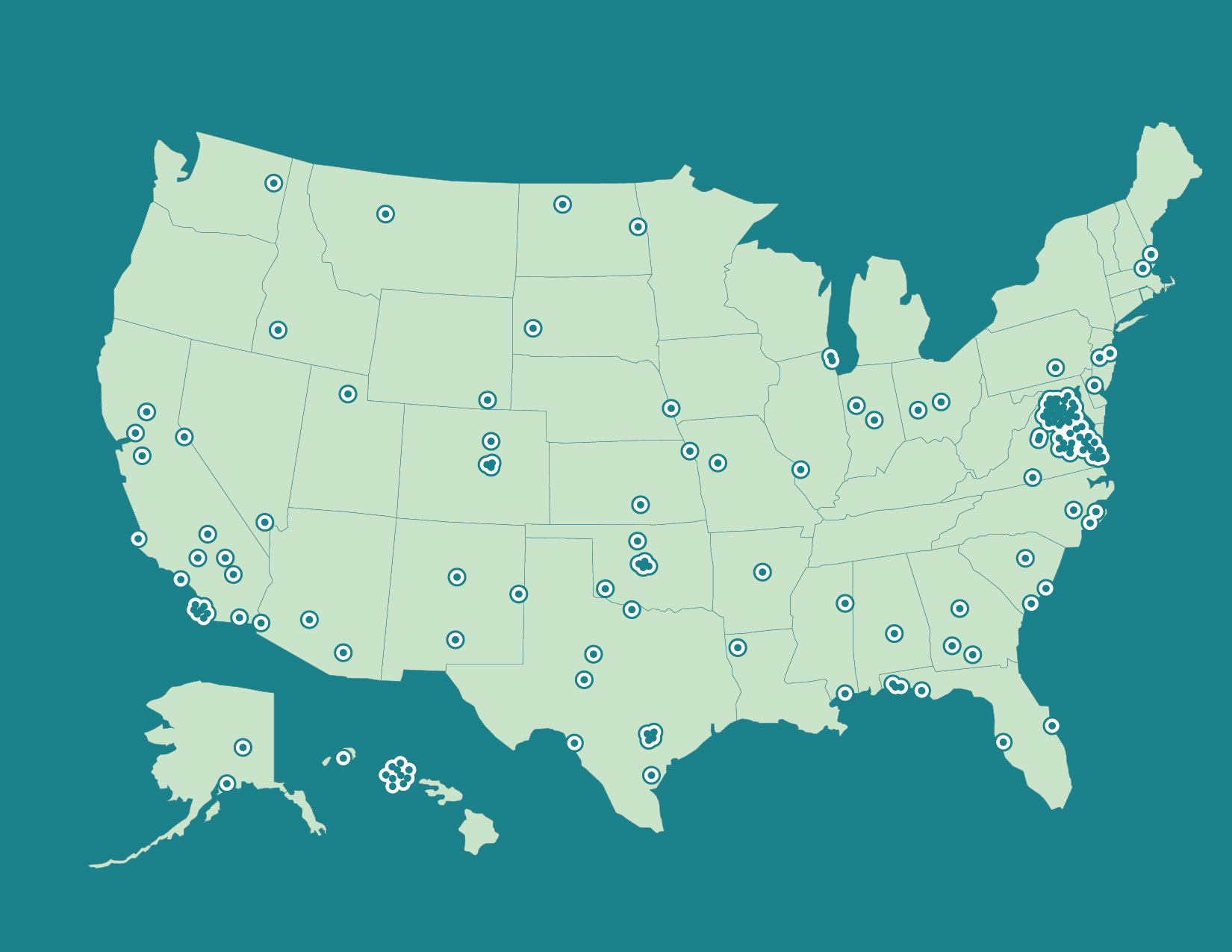
JAPAN

SOUTH KOREA

EUROPE
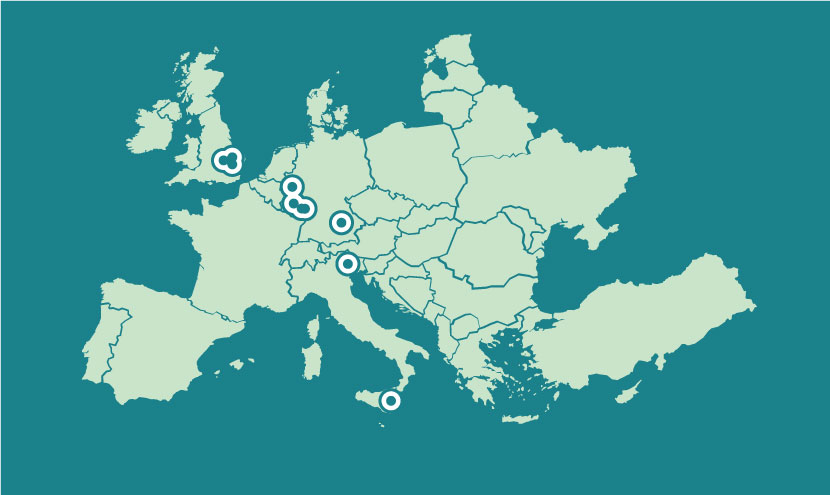
LOCATIONS IN U.S.
Alabama
Alaska (2 locations)
Arizona (3)
Arkansas
California (15)
Colorado (4)
Delaware
Florida (6)
Georgia (3)
Hawaii (5)
Idaho
Illinois (3)
Indiana (2)
Kansas (2)
Louisiana
Maine
Maryland (4)
Massachusetts
Mississippi (2)
Missouri
Montana
Nebraska
Nevada
New Jersey (2)
New Mexico (3)
North Carolina (3)
North Dakoka (2)
Ohio (2)
Oklahoma (2)
Pennsylvania
South Carolina (3)
South Dakota
Texas (9)
Utah
Virginia (37)
Washington
Washington, DC
Wyoming
LOCATIONS IN ASIA
Japan (7 locations)
South Korea
LOCATIONS IN EUROPE
England (4 locations)
Germany (4)
Italy (2)
Meet the ELM Curriculum Team
Curriculum Training and Implementation Group
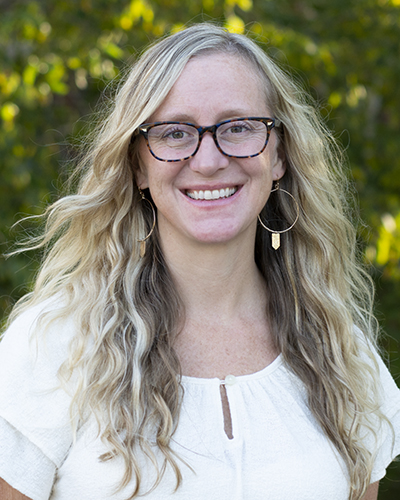
Co-Leader
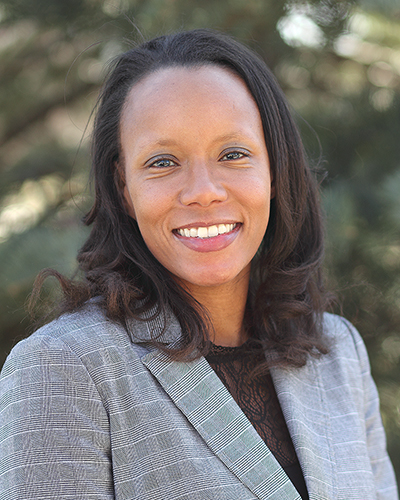
Co-Leader
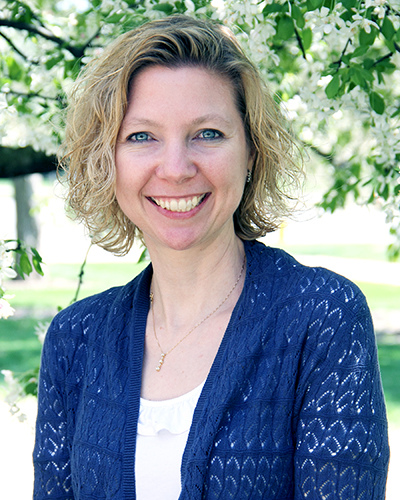
Trainer
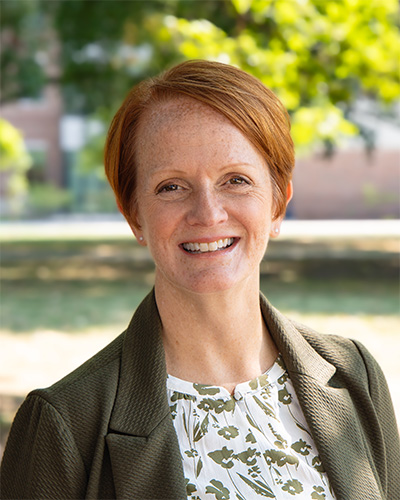
Trainer

Trainer

Co-Leader
Sara Schmitt leads the ELM Curriculum’s training and implementation support efforts. She also is the curriculum’s content expert for self-regulation and social-emotional development, and principal investigator of the federally-funded study of the ELM Curriculum’s effects on children’s school readiness skills. She is the Brickner-Squires Faculty Chair in Early Intervention and an Associate Professor in the Department of Special Education and Clinical Sciences at the University of Oregon. Previously she was an Associate Professor and Co-Director of the Center for Early Learning at Purdue University.

Co-Leader
Chanele Robinson-Rucker has been a member of the ELM Curriculum leadership staff since its beginning in 2013. As project manager, she coordinated reviews of research on early childhood programs, conducted stakeholder interviews, and consulted on the development of learning activities for infants and toddlers. Currently as Assistant Director of the ELM Curriculum Academy at Purdue, she leads training sessions and develops training resources, including a forthcoming set of videos of ELM Curriculum practices. She also is Professional Development Chair at Purdue’s Center for Early Learning.

Trainer
Elizabeth Schlesinger-Devlin supports teaching staff in implementing the ELM Curriculum at the Ben and Maxine Miller Child Development Laboratory School at Purdue University. She has served as Director of the Lab School since 2011. She conducts training sessions on the ELM Curriculum, including approaches to professional development and curriculum adaptations, and contributes to the content of forthcoming videos on ELM Curriculum practices. With ELM Curriculum colleagues, she offers presentations on aspects of the curriculum at state and national meetings of early childhood professional organizations. She is a member of the Faculty Leadership Council of Purdue’s Center for Early Learning.

Trainer
Megan Purcell is content expert for the social studies and creative expression learning activities for preschool-age children in the ELM Curriculum. She contributed to the development of the curriculum’s resources on strategies for individualizing children’s learning experiences. She leads ELM Curriculum training sessions on curriculum adaptations, including responsiveness to children with disabilities and developmental delays, and has held leadership positions in state and national organizations focused on early childhood education and early childhood special education / early intervention. She is a Clinical Professor and Coordinator of the Early Childhood Education and Exceptional Needs licensure program at Purdue.

Trainer
Shawna Harbin leads ELM Curriculum training sessions on professional development and coaching. Her background includes the development of training and coaching resources for early childhood education and early childhood special education / early intervention professionals who promote social-emotional and language skills for young. She teaches courses and supervises students in the Early Childhood Education and Exceptional Needs licensure program as a Clinical Assistant Professor at Purdue.
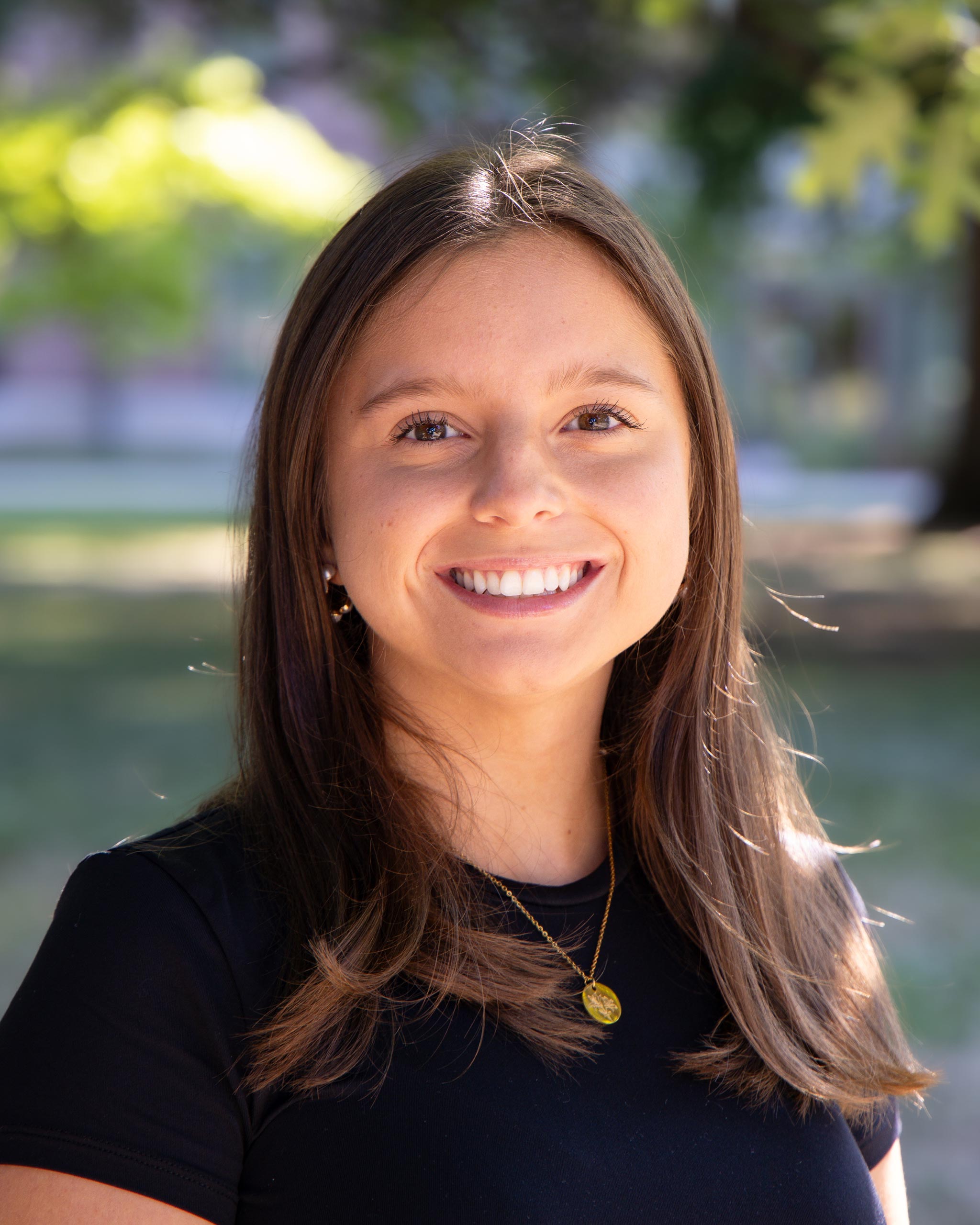
Trainer
Emily Mitzel co-leads ELM Curriculum training sessions on components of the curriculum and contributes to the content of forthcoming videos on ELM Curriculum practices. She is a recent graduate of the Curriculum and Instruction area in the College of Education at Purdue University.
Curriculum Content Experts
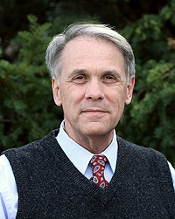
Douglas Powell
Developer
Sue Bredekamp
Developmentally
Appropriate Practice
Karen Diamond
Language/Literacy
James Elicker
Infants and Toddlers
Panayota Mantzicopoulos-James
Science
Catherine Mogil
Social-Emotional
Megan Purcell
Social Studies and
Creative Expression
David Purpura
Mathematics
Sara Schmitt
Self-Regulation and
Social-Emotional
Writers of Activity Plans and Related Resources
Rena Sterrett
Linn Veen
Sara Lane
Amy Carlat
Kathy Broniarczyk
Megan Purcell
Barbara Beaulieu
Karen Diamond
Douglas Powell (Editor)
The ELM Curriculum is based in the ELM Academy ( Chanele Robinson-Rucker, Director) which is part of the Center for Early Learning in Purdue University’s Department of Human Development and Family Science.
